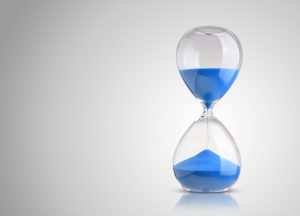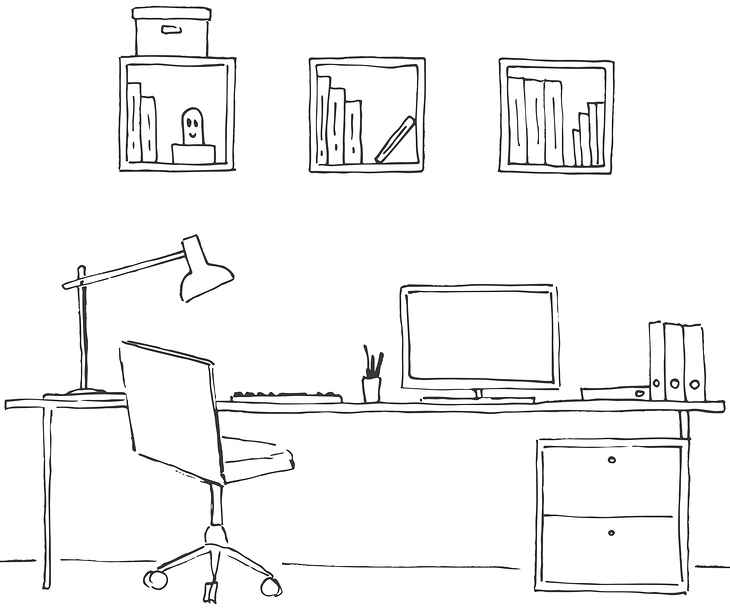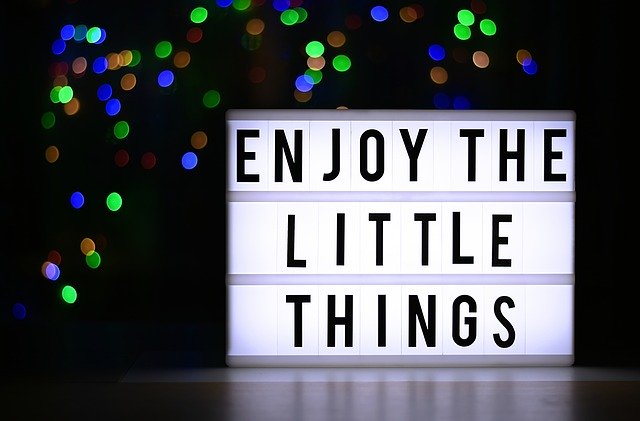How to spend time
We emerge out of January’s darkness like a butterfly from its chrysalis into the new month of February.

February from the Latin word Februa meaning to cleanse, the month is associated with atonement and purification.
It seems rather apt as the days grow longer, after the rain, there will be a hint of spring in the air.
Time is the most important resource we have
The month is 28 days long begins on Monday and ends on Sunday, perfect symmetry and time.
Lockdown has come to symbolise time, a year knocked on the head, another year under the belt.
Theoretically, I’ve had time to do more of the things I like because I have been free of the daily routine shackles.
On one level it’s been liberating on another profoundly frustrating.
When Lockdown 1.0 arrived in March 2020, I thought I would start writing my book, spend more time painting and read three books a month.
My hobbies were not executed in their entirety because my preoccupation with time is based on a firmly held belief that time should be measured by productivity and used for self-optimisation, self-improvement and managing time.
Time is valuable
My clients are forever reminding me of the lack of time they have to do the essential business tasks. They complain they don’t have enough time and they are time-poor.

Time is a precious resource; we can give it away to others, waste it or exploit every minute.
We spend time seeking apps that will give us back our time, and we buy time management systems, diaries, mindful and gratitude journals and labour-saving devices that will reduce the amount of time on domestic chores.
We hire domestic help; cleaners, a gardener, an iron service, a dog walking service; we order our weekly shopping online, in the vague hope they will give us back time.
Time teaches you
And yet when we satisfy these needs, we fill them with other vacuous tasks when we could be doing the very things we want to do.
By bedtime, we counter where’s the day gone.
Another weekend over, where did that go?
Another month over and we shake our heads contemplating the month ahead.
Did we stick to our goals, did we meet our challenges and the list goes on?
Time is a mysterious commodity we can’t hold it, ask for more or less, we can’t buy it see or feel it.
It evaporates into thin air, and as humans, we are very good at wasting time.
“But time has nothing to show because
Time won’t give me time”. © Culture Club Time (Clock of the Heart)
We inexplicably waste time.
How many times do you lament I wish I had the time to learn a language or why can’t I make the time to regularly see my parents?
There are plausible excuses and sound reasoning for why we don’t achieve our objectives.
How you spend your time affects you and others
If there is one thing that this pandemic has taught me, let go of my fixation with time.
These are words I should heed as time is literally flying by.
My fifties marked a turning point. I became aware that my relationship with time is fraught—a constant battle between relaxation and doing something.
To be in the act of doing something rather than wasting time is a futile exercise. The time we give to a particular task or event creates or diminishes its value.
We admonish ourselves for taking the time to read with a cup of tea when the inner voice nudges us to get on with the ironing or finish a work based task.
There are other ways to mark time; memories, books, photos, and music are reminders of different times in our lives.
These are all identifiers; demarcations of time; a ticking clock need not be one of them.
Further Reading for you
https://onewomansview.co.uk/changing-times-lie-ahead/ https://onewomansview.co.uk/how-to-spend-time-on-your-own/

